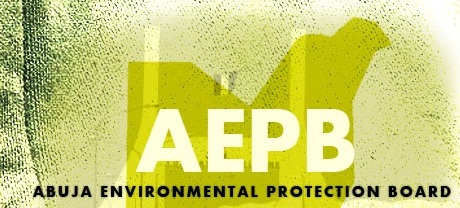The Abuja Environmental Protection Board (AEPB) says it will employ a Public Private Partnership for effective implementation of waste management in the Federal Capital Territory (FCT).
Mr Samuel Musa, Acting Head, Information and Communication Department of the board, made this known in an interview with the News Agency of Nigeria (NAN) on Thursday in Abuja.
He explained that the move became necessary as the board alone could not manage the waste being daily generated in the territory.
Musa said the essence of the partnership was to enhance the implementation of waste management in the FCT.
“The board alone cannot do it that is why we have the public private participation into waste management, and we have a number of people that have expressed interest in waste recycling.
“And we are working towards the administration to have the blessing of approval from the honourable minister, where we will organise this people and to be able to have the firms that are ready for waste recycling.
“Some are ready for waste to wealth and some are into waste to energy.
“So all the arrangement is on ground, they have done a lot of presentation to us and we have made the recommendation of some to the higher authority, where formal approval and connections with other sister departments will be given.’’
According to him, the project will begin as soon as it is approved by the FCT administration.
He said the board was hopeful that the project would succeed just like the recycling of waste in Lagos.
“If you go to the developed countries you will be able to see that waste is equally converted to wealth and energy.
“The purpose of the project is to ensure that waste is reduced from our environment.
“The project will also engage some of our youths, meaning that unemployment could equally reduce in the country,’’ he said.
Musa said that the board in collaboration with Japan International Cooperation Agency (JICA), had introduced a waste management initiative in the Life Camp, area of the FCT.
According to him, plastic bottles of all types, plastic bags including pure water sachet, new electronic plastic wrappers, toilet papers and bread wrappers among others are valuable items for recycling.
Musa also said that old newspapers, cartons, cardboard, aluminum and steel cans as well as banners could be converted to natural resources.
He said residents of Life Camp have been taught how to separate waste for recycling. (NAN)

